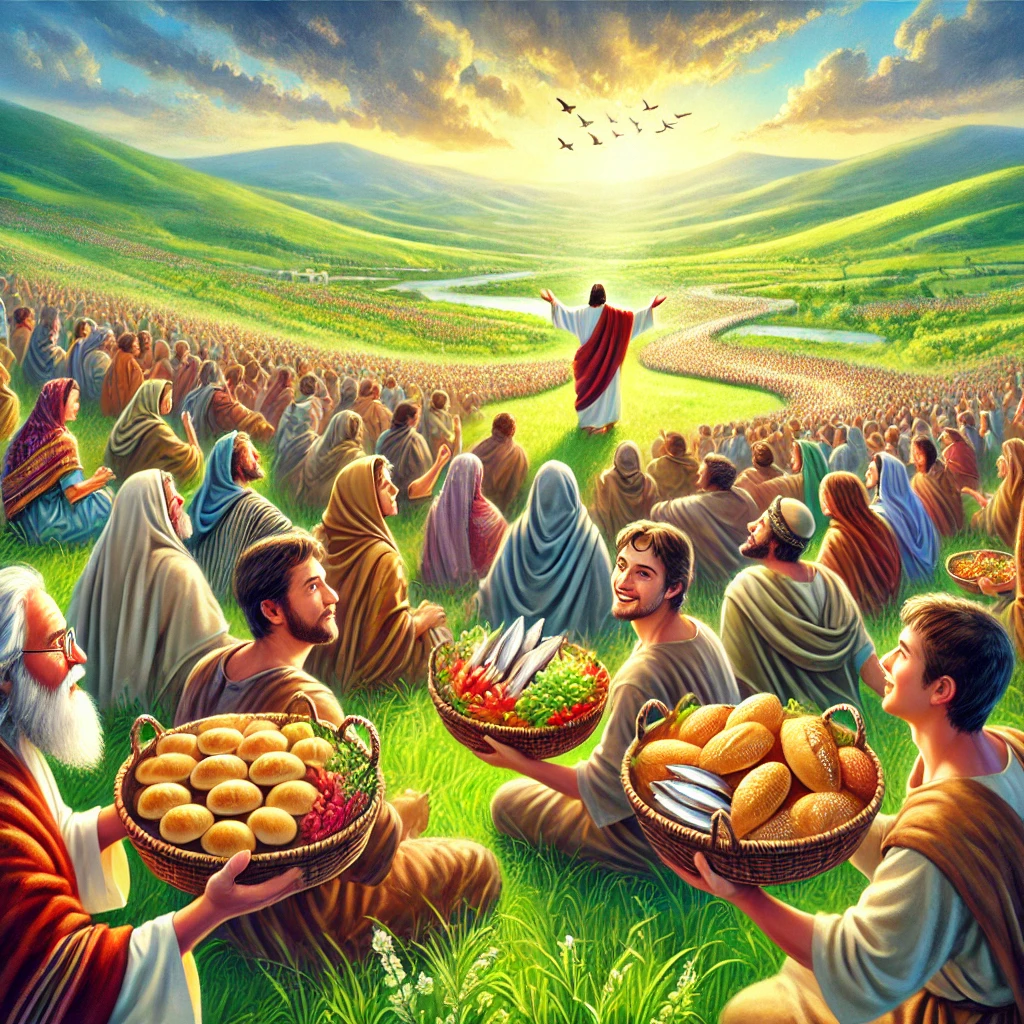1 Timothy 6:17-19
“As for the rich in this present age, charge them not to be haughty, nor to set their hopes on the uncertainty of riches, but on God, who richly provides us with everything to enjoy. They are to do good, to be rich in good works, to be generous and ready to share, thus storing up treasure for themselves as a good foundation for the future, so that they may take hold of that which is truly life.”
Does the Bible address money? Absolutely. Jesus spoke about money in about 15% of His teachings, and Paul also offers clear instructions about wealth. In 1 Timothy 6:10, Paul reminds us that “the love of money is the root of all kinds of evil.” It’s not money itself that is the problem—it’s the idolatry of money.
When money becomes our ultimate hope or source of security, we stop trusting God. As Paul instructs Timothy, pastors are to help their congregations see money rightly—not as a source of arrogance, but as a resource entrusted to us by God.
4 Truths About Money From 1 Timothy 6:17-19:
1) It Won’t Last Forever
Our money and possessions are temporary. They age, break down, or get spent. And when we die, we can’t take anything with us.
Paul warns, “Tell the rich not to be haughty or arrogant, nor to set their hopes on the uncertainty of riches” (v. 17). Wealth is fleeting—it can be lost, stolen, or destroyed. Instead of trusting in riches, Paul calls us to trust in God.
This doesn’t mean we should be pessimistic about life, but realistic. Our ultimate hope is not in something temporary, but in God’s eternal kingdom. “Therefore let us be grateful for receiving a kingdom that cannot be shaken, and thus let us offer to God acceptable worship, with reverence and awe” (Hebrews 12:28-29).
Everything we have is from God. You may think, I worked hard for what I have—it’s mine. And yes, hard work is good! But consider:
• Why do you work hard? If your goal is just to accumulate wealth or power, you’re aiming too low.
• Who gave you the ability, opportunity, and resources to work hard? It’s the Lord.
As Colossians 3:23reminds us, “Whatever you do, work heartily, as for the Lord and not for men.”
God is the provider and sustainer. He gave us everything in the past, He provides for us today, and He will continue to provide in the future.
2) God Is the Wealthiest
In verse 17, Paul describes God as the one who “richly provides us with everything to enjoy.”Everything belongs to Him. As Psalm 50:10-11 declares, “For every beast of the forest is mine, the cattle on a thousand hills. I know all the birds of the hills, and all that moves in the field is mine.”
God’s wealth isn’t limited to material riches. He has lavished us with the greatest treasure of all: His grace. Through Jesus, we have redemption, forgiveness, and eternal life. As Ephesians 1:7-8 says, “In Him we have redemption through His blood, the forgiveness of our trespasses, according to the riches of His grace, which He lavished upon us.”
Even if you lose everything in this life, you are still rich because of Jesus. This gospel perspective frees us to hold loosely to our possessions and trust fully in God.
3) Be a Steward
Paul calls us to “do good, to be rich in good works, to be generous and ready to share” (v. 18). Generosity is not about obligation—it’s about reflecting God’s character.
2 Corinthians 9:6-7 reminds us, “Whoever sows sparingly will also reap sparingly, and whoever sows bountifully will also reap bountifully. Each one must give as he has decided in his heart, not reluctantly or under compulsion, for God loves a cheerful giver.”
Generosity means sacrifice. It’s choosing to give rather than accumulate. It’s saying no to temporary wants so you can say yes to eternal investments.
Be generous with your church, your neighbors, and those in need. Let your generosity point others to Jesus, the One who gave everything for us:
• He became poor so we could have heavenly riches.
• He took our sin so we could be forgiven.
• He died in our place so we could have eternal life.
4) Invest the Right Way
Paul encourages us to “store up treasure…as a good foundation for the future” (v. 19). He echoes Jesus’ teaching in Matthew 6:19-20: “Do not lay up for yourselves treasures on earth, where moth and rust destroy…but lay up for yourselves treasures in heaven.”
Investing in eternal things means prioritizing the gospel:
• Supporting missions and ministries.
• Serving in your church and community.
• Using your time, talents, and resources to point others to Jesus.
This is wise stewardship that glorifies God and leads to true life.
Final Thoughts: A Gospel Perspective on Money
Money matters because it reveals where our hearts are. Are we trusting in riches or in the God who richly provides? Are we accumulating wealth for ourselves or using it to further God’s kingdom?
Let’s remember that our ultimate treasure is Jesus. He is our provider, sustainer, and Savior. Even if we lose everything, we have the riches of His grace and the hope of eternal life.
May we honor God with our wealth, be generous to others, and invest in what truly matters.








